Are you sabotaging your life? It’s time to take a peek into your shadow self and learn about the 7 inner archetypes that cripple your confidence.
The absence of self-love lies at the very core of every form of anxiety, depression, loneliness, and emptiness that we feel as a species.
In fact, low self-esteem is such a pandemic problem, that we get at least a handful of emails, Q&As, and comments on this website about it every single day!
Everyone in life at some point experiences issues with low self-esteem and poor self-confidence.
In our world that teaches the preeminence of material wealth and accomplishment over soulful depth and wisdom, it’s no wonder that so many of us feel internally weak and fatally flawed.
If you feel as though you’re lacking self-confidence and respect, I can’t stress enough how important it is to become self-aware of the inner archetypes within you.
And not only that: but to love and fully accept them as they are. This will allow their hold over you to cease.
Related: The 12 Different Personality Archetypes
What Are Inner Archetypes?
Father of analytical psychology, Carl Jung, once proposed that we all share a universal unconscious mind, called the “collective unconscious.”
The collective unconscious is a layer within the mind that possesses all of the spiritual, symbolic, and mythological experiences and knowledge of existence.
When we are born, we all inherit these ancient ancestral patterns. Inner archetypes then are essentially patterns that aid our physical, mental, and emotional growth as humans.
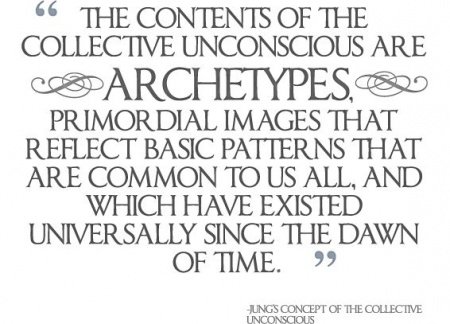
7 Inner Archetypes Examples
Since Carl Jung, many authors, psychologists, and thinkers have identified a large number of archetypes that exist within all of us to some degree.
While many archetypes are positive or neutral (e.g. the visionary, the warrior, the engineer, the companion, the artist, etc.) some are destructive.
Every archetype we have within us has, at some point in our lives, served a purpose. Whether that is to gain attention or acceptance as children, or simply to make friends, every archetype has aided us in some way.
Related: Jungian 7 Inner Child Archetypes: Which One Is Your Inner Child?
However, as adults, many of us “grow out of” certain archetypes. Gradually, instead of benefiting us, these inner archetypes actually undermine and wound us.
Unfortunately, many of us drag around these old and irrelevant archetypes with us for our entire lives. Little do we know that these very inner archetypes are secretly depriving us of the faith, self-trust, and willpower we need to experience joy, creativity, and peace.
The more self-aware you become of these inner archetypes, the better equipped you’ll be to release their hold on you.
So now the question is, which of the following archetype examples are you still holding on to?
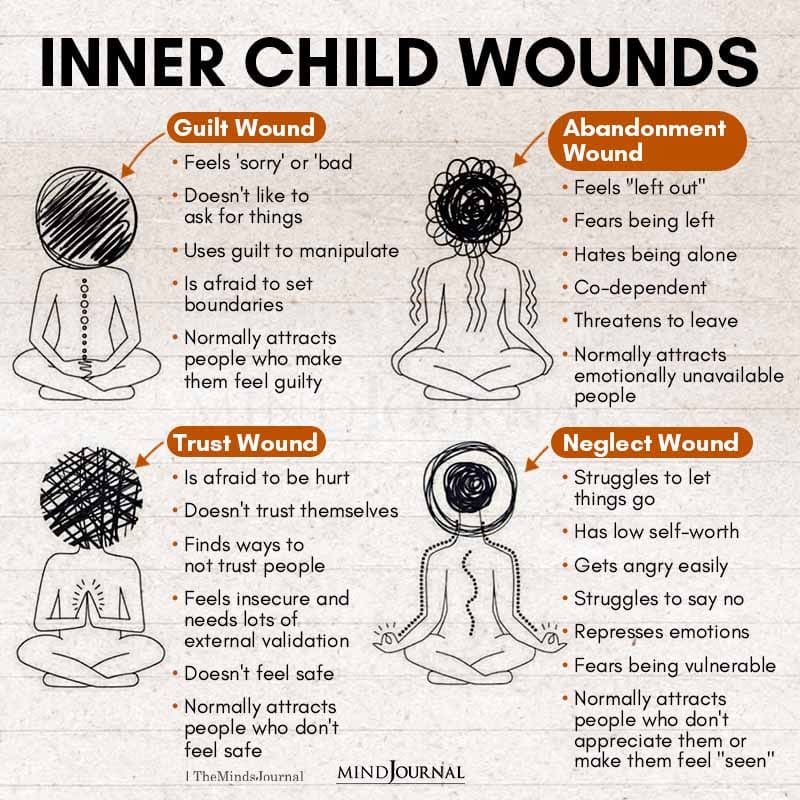
1) The Addict
Other names: workaholic, consumer, gambler, glutton, hedonist
Addictions come in many forms. You can be addicted to physical things such as food, alcohol, tobacco, drug, money, and sex.
You can be addicted to concepts such as fame, success, and beauty. And you can also be addicted to emotions such as the approval, love, and acceptance of others.
Addict archetypes are places within us that believe that people, emotions, situations, and objects outside of ourselves can make us happy. Unfortunately, this deprives us of our personal power and makes us enslaved to whatever we are pursuing.
Lesson to be learned: Nothing outside of you can bring you love, happiness, approval, or acceptance — YOU must find these things inside for them to truly last or bring you peace.
Related: What Is Your Spiritual Archetype?
2) The Beggar
Other names: outcast, vagrant
The Beggar archetype within us approaches life from a place of destitution, neediness, and impoverishment. When The Beggar is ruling your life, you will find yourself constantly dependent and reliant on others for your security, happiness, and well-being.
The Beggar within us is ruled by the following mistaken core belief: “I don’t have anything of value. I need others to help and support me.”
Thus, when we approach life from a place of inner poorness, we are constantly propelling ourselves toward situations that reinforce this feeling.
Lesson to be learned: Your thoughts influence your reality. If you believe you are poor and have nothing to offer, your existence will reflect that.
On the other hand, if you believe you are already rich and have gifts to share with the world, your existence will also reflect that.
Related: Which Jung Archetype Best Describes You?
3) The Fanatic
Other names: perfectionist, worrier, control freak, bigot
The Fanatic archetype is both passionate and driven, but also prone to stubbornness and neuroticism. If your inner Fanatic is imbalanced you might be an obsessive worrier, perfectionist, or “control freak.”
The Fanatic’s main concern is control. This can create a lot of tension, health issues, and relationship problems.
Lesson to be learned: The only thing you can control in life is how YOU perceive and approach life. You cannot completely control external situations, and you can never fully control other people.
Realize that life is more than safety, security, and success. Learn to loosen up and introduce more spontaneity into your life.
4) The Judge
Other names: critic, examiner
As humans, our natural instinct is to judge. We judge situations to assess whether they’re dangerous or not, we judge to find our ideal partners, and we judge to find clarity and discernment in daily life.
This is all-natural. But often our lives revolve so much around the mind that we neglect the heart.
When The Judge within you is imbalanced, it will always be analyzing and condemning you. Negative self-talk is often strongly linked to rogue inner Judges that don’t know when to stop.
A major cause of low self-esteem is the Judge archetype which is fueled by negative core beliefs and cognitive distortions.
Lessons to be learned: Judgement is normal, but is your self-judgment harming you more than helping you? Remember to show yourself leniency, kindness, objectivity, and forgiveness — just like a proper judge would.
5) The Martyr
The Martyr is an archetype within us that desperately craves praise, adoration, and a sense of self-worth from grandiose acts of self-sacrifice.
Martyrs will often adopt the role of caretakers and cater to everyone else’s needs but their own. However, when our inner Martyrs are not appreciated enough by others, we resort to guilt-tripping and manipulation.
Essentially, our inner Martyr is the place within us that is deeply wounded. These are the places that believe our self-worth comes from what we DO rather than what we inherently ARE.
Lessons to be learned: You don’t need to sacrifice all of your needs, wants and dreams for others in order to be worthy or lovable. You are innately worthy and lovable. Take responsibility for your happiness and learn how to love yourself fearlessly.
6) The Saboteur
Other names: destroyer, serial killer, mad scientist
Just like all other inner archetypes listed here, The Saboteur is a natural part of the cycle of birth and death.
Everything in life must eventually be destroyed in order for new things to arise. The shadow side of The Saboteur archetype is that it can develop a ravenous appetite for destruction.
Self-destructiveness is the biggest issue that The Saboteur brings to our lives. When we are deeply wounded and filled with self-hatred, The Saboteur is a wrathful confidant that tears down everything in our path.
Relationships, friendships, careers, health, mental stability — nothing stands in the way of The Saboteur.
Lessons to be learned: What part of you feels that you aren’t worthy of freedom, joy, and love?
Explore your deeper feelings of worthlessness and how they poison and undermine your life decisions. You must learn to respect, honor, and love the person you are.
Related: These 20 Questions Will Determine Your Psychological Archetype – Mind Game
7) The Victim
Other names: slave
Victimhood allows us to acknowledge our woundedness, but when we get bogged down in it, it can cripple us.
The biggest problem that The Victim brings to our lives is disowned personal power. When we don’t take responsibility for our prosperity, bliss, and contentment, our lives seem like a never-ending stream of misery.
The truth is that there is only so much you can blame other people for your grief or misfortune.
Lessons to be learned: Stop blaming other people for your failures and disappointments. You are only a victim if you make yourself out to be one.
Instead of being a victim, adopt the role of a fighter: this is a much more empowering role that will enable you to develop self-responsibility.
Related: The 4 Stages of Life – Carl G. Jung Archetypes
How to Regain Your Confidence and Self-Respect
After you have read the archetype examples above and identified your main one (or a bunch), you will need to meditate on them.
Ask yourself, “How exactly is this archetype/s influencing my thoughts, feelings, and actions?” You can journal about this, discuss it with someone you trust, sit in solitude with the question, or do anything else that will help you introspect.
Learn more about how to journal.
Finally, your job is not to hate, destroy or repress these inner archetypes. Instead, allow yourself to come into a peaceful understanding of them.
Let the Archetype/s know that you appreciate the roles they have served in your life, but you’re now ready to surrender them and move on.
You might like to design your own ritual or ceremony for this last part if you desire. If it helps, bookmark or print out this page of archetype examples to re-read as you go through this process.
I know how debilitating low self-esteem, lack of self-respect, and poor self-confidence can be. I have struggled with this many times in my own life. The difference is that I accept it as normal and do my best to move on, take care of myself, and honor my gifts.
If you have any experiences or insights to share about the archetype examples above, I encourage you to share them below.
Written by Aletheia Luna Originally appeared on Lonerwolf.com
Check out this video to know about the Carl Jung archetypes:

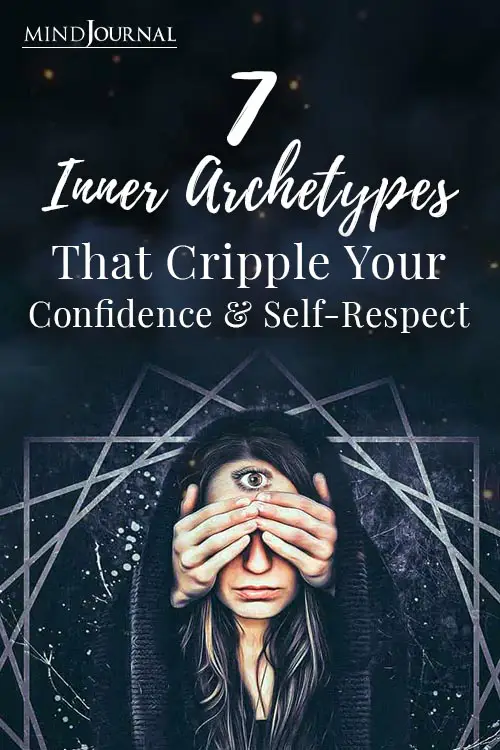
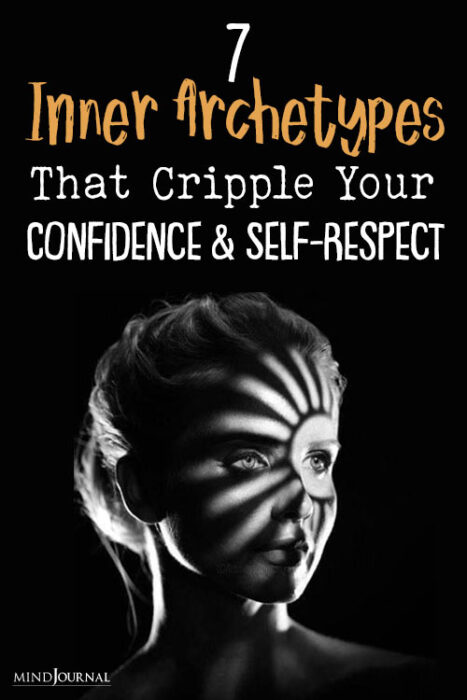
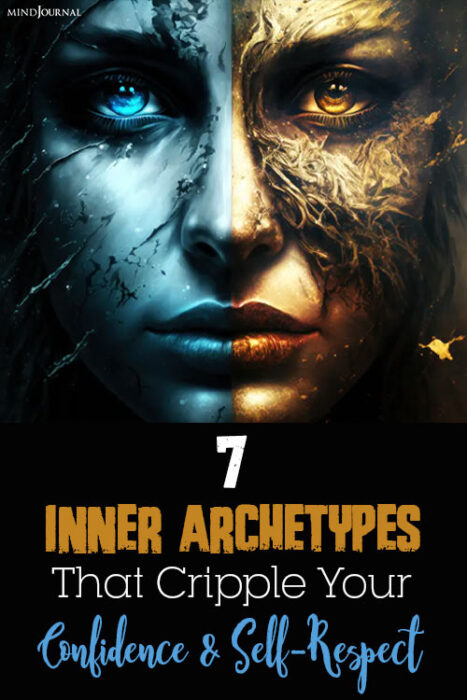
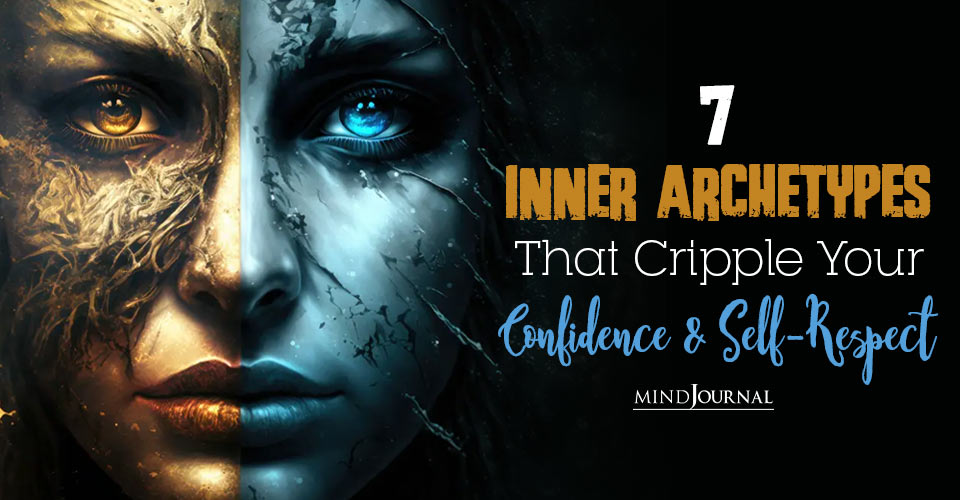
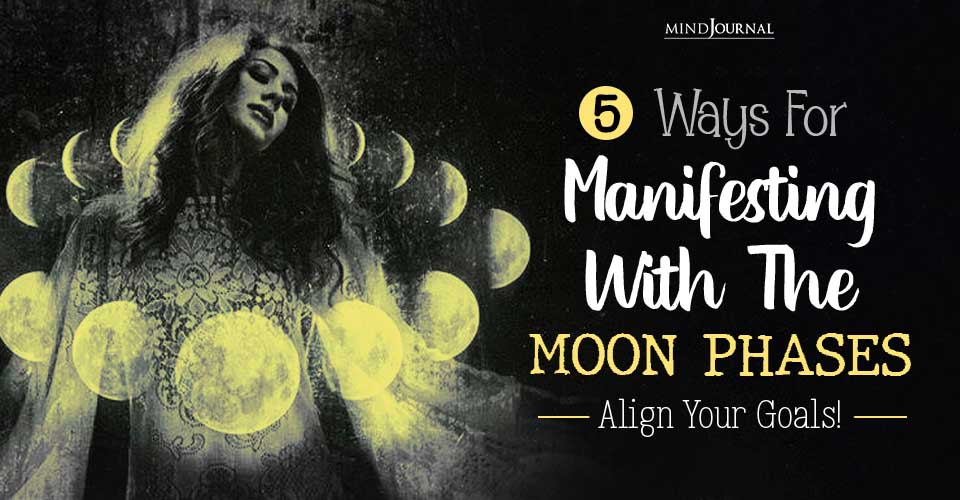
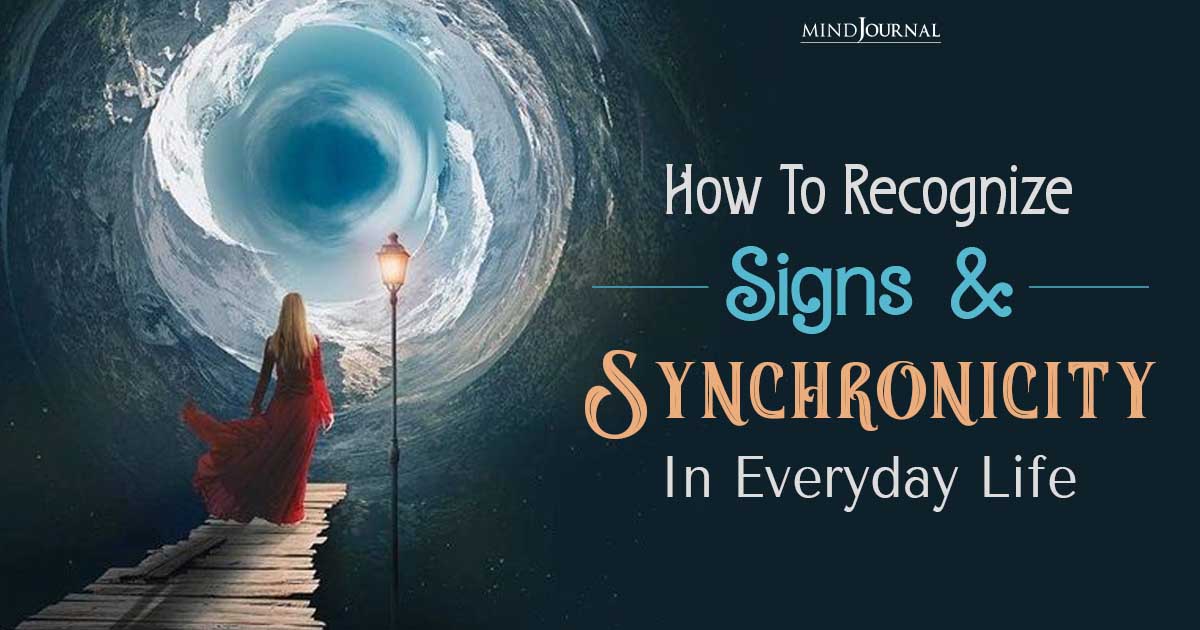
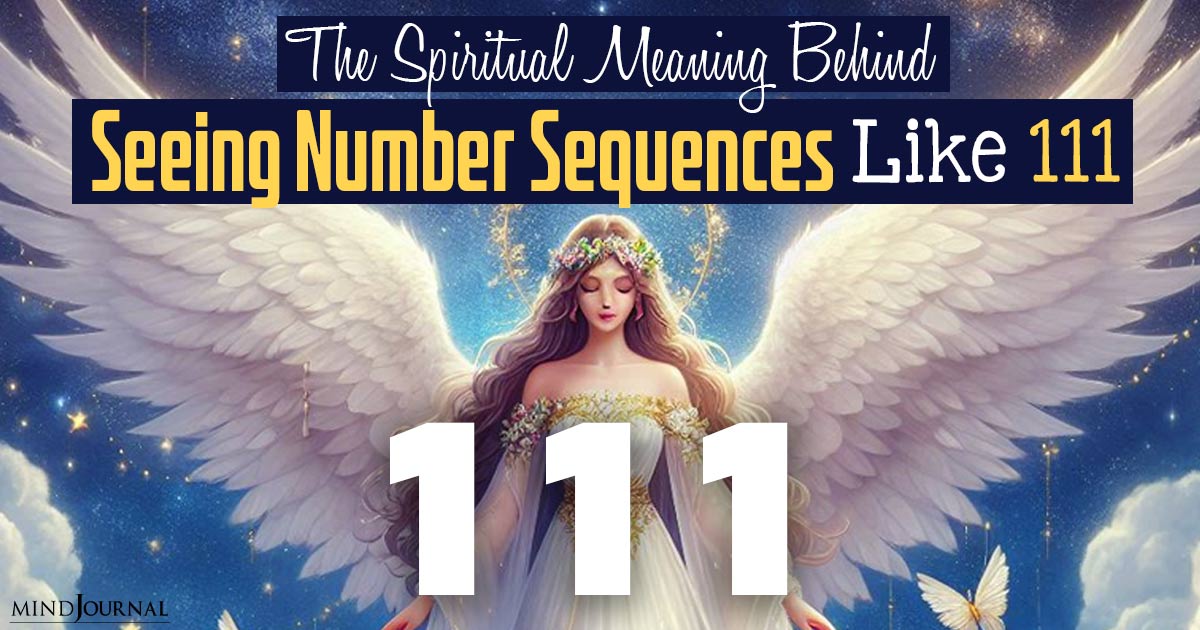




Leave a Reply
You must be logged in to post a comment.